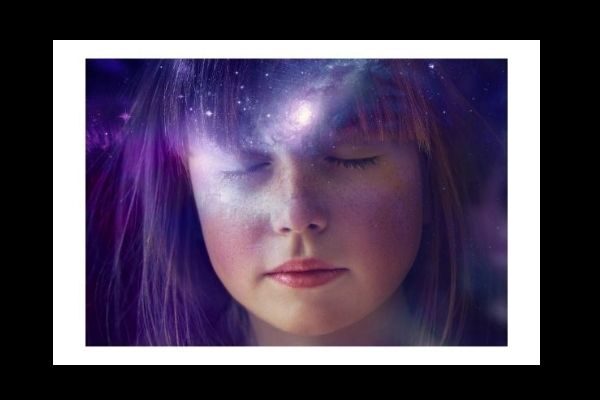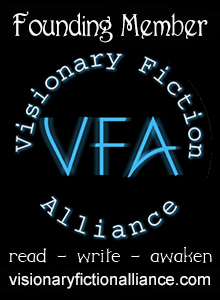
In 1960, Maxwell Maltz, a plastic surgeon from New York, published a book on self-image psychology and goal visualization called Psycho Cybernetics.
In it, he introduced the analogy of the brain as a cybernetic “servo-mechanism”, like a computer designed to find a path to the target it is programmed with.
Today, there are hundreds of books on self-image psychology and goal visualization, including: The Secret by Rhonda Byrne, The Shadow Effect by Deepak Chopra, Marianne Williamson, and Debbie Ford, Self-Coaching, Positive Imaging, and If You Think You Can by Norman Vincent Peale. I even found a book in my personal library titled Higher Creativity; Liberating the Unconscious for Breakthrough Insights, written in 1984 by Willis Harman, Ph.D. and Howard Rheingold.
However, Psycho Cybernetics was quite innovative for its time. Maltz says: “Call up, capture, evoke the feeling of success. When you feel successful and self-confident, you will act successfully…Define your goal or end result. Picture it to yourself clearly and vividly. Then simply capture the feeling you would experience if the desirable goal were already an accomplished fact…Then your internal machinery is geared for success; to guide you in making the correct muscular motions and adjustments; to supply you with creative ideas, and to do whatever else is necessary in order to make the goal an accomplished fact.”
Psycho Cybernetics – Key Elements
So, in today’s blog I’d like to take a few key elements from Psycho Cybernetics and relate it to the writer, using my own goal-image work as an example.
1. The image a writer has of her desired future makes explicit what is implicit in her present situation, so it makes sense for her to define what she wants to happen. In my case that translates to:
- Creating works of fiction that will endure.
- Finding an agent to help place my work in the right publisher’s hands, with my best interests in mind.
2. Verbalization is the key to strong visual imagery, so it makes sense for the writer to share her dreams and tell others about her vision of the future. For me that means:
- Starting a blog, whereby I can draw out the details of my goals and add breath and depth to the content of my goal-image.
- Adding visuals to my blog, with bright colors and sharp contrasts to help me focus.
3. If a writer really wants to achieve her goals, she must throw herself into achieving them full scale. For me, that means:
- Studying craft.
- Reading in my genre.
- Writing daily.
- Meeting with critique groups.
- Entering contests.
- Attending conferences.
- Blogging regularly and frequently.
4. The unconscious mind is the dreaming mind, it works with imagery and simple emotive words. Translation:
- Use imagery and emotive words!
5. People either focus on the pain of what they are trying to get away from or the pleasure of what they are trying to get to. So it makes sense for the writer to focus on solutions that provide hope and energy, even during challenging times. Translation:
- Though I don’t know the exact how’s of the road to publication, I can–and will–focus on the search.
- I can also work on strengthening my narrative voice (through blogging, of course), because “Voice is Brand” (The topic of a future post).
Psycho Cybernetics – Extra Bonuses
A few added bonuses to pursuing the above targeted goals are:
- It’s hard to be depressed when you’re mentally absorbed in a realistic vision of the things you truly value and desire.
- Through personal vision you can attain psychological freedom.
How good is that?
As always, thanks for stopping by,


I especially love the paragraph that describes that you cannot be depressed if you are absorbed in what you truly value and desire. Our mother was never depressed because of her truly valued faith.
And this is so true. Be it absorption in one's faith or one's job or one's hobby or one's family, if you truly value and desire what you do, you cannot be depressed (at least not for long). Being absorbed in writing makes each day something for me to look forward to with little time to be other than inspired.